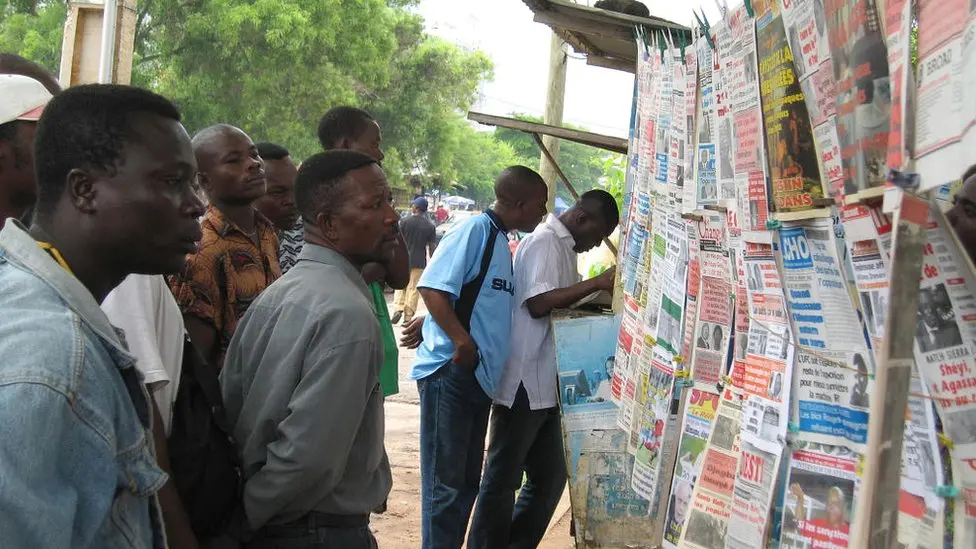Togo’s media regulator announced on Monday that it had suspended French broadcasters Radio France Internationale (RFI) and France 24 for three months, accusing them of broadcasting biased and false content that allegedly undermined the country’s institutions and reputation.
The High Authority for Audiovisual and Communications (HAAC) said the decision was in response to “inaccurate and biased” reports published in recent weeks. According to the regulator, the reports included statements deemed “untrue” and damaging to the stability of Togo’s republican institutions.
The suspension follows a series of anti-government protests that erupted in the capital Lome earlier this month. Demonstrators clashed with police, who used tear gas to disperse crowds in several neighborhoods, including near the presidential palace, between June 5 and 6. Dozens of protesters have been detained, with the government confirming that more than 50 have been released, but others remain in custody.
The protests largely began with the arrest of popular rapper Aamron, whose real name is Essowe Tchalla. He was detained on May 26 after publicly criticizing the government and calling for demonstrations against rising electricity prices, the arrests of activists and recent constitutional changes pushed by President Faure Gnassingbé’s administration. Gnassingbé has ruled Togo since 2005, following the death of his father, who had been in power for nearly 40 years.
Tensions flared when Aamron reappeared in a video 10 days after his arrest, apologizing to the president and claiming that he had been hospitalized in a psychiatric facility for “severe depression.” His supporters and opposition groups questioned the authenticity of the video and accused the government of trying to silence dissent.
The state prosecutor condemned the protests, describing them as a “revolt against the institutions of the republic.” Meanwhile, opposition parties including the National Alliance for Change (ANC) and the Democratic Forces for the Republic (FDR), along with civil society groups, have called on Gnassingbé to resign and called on citizens to join a civil disobedience campaign from June 23.
Although public gatherings are technically permitted, street protests have been banned in Togo since 2022 following a deadly incident at a large market in Lome. The current political climate remains tense as the opposition continues to mobilize against what it calls an “illegitimate regime.”



